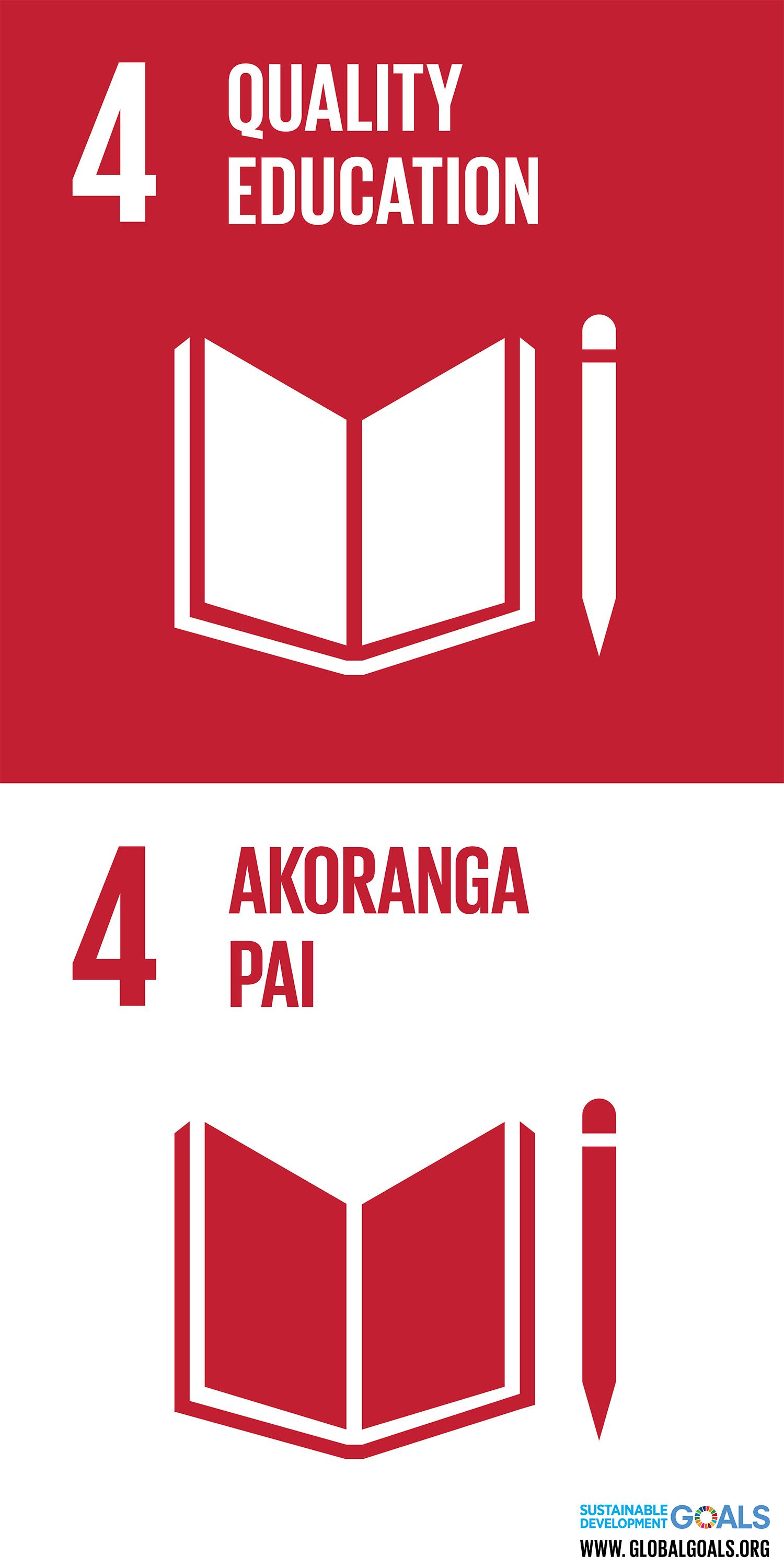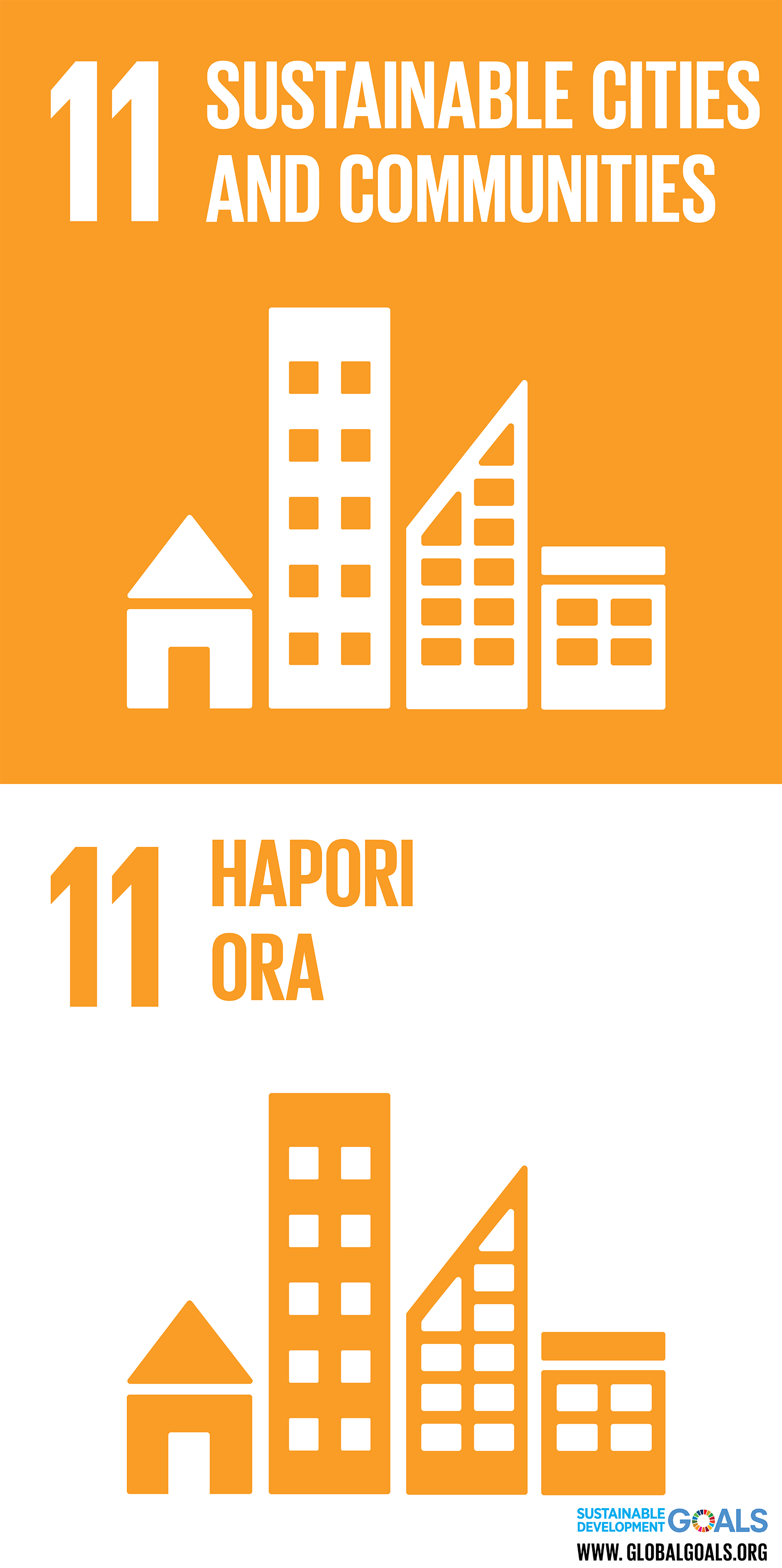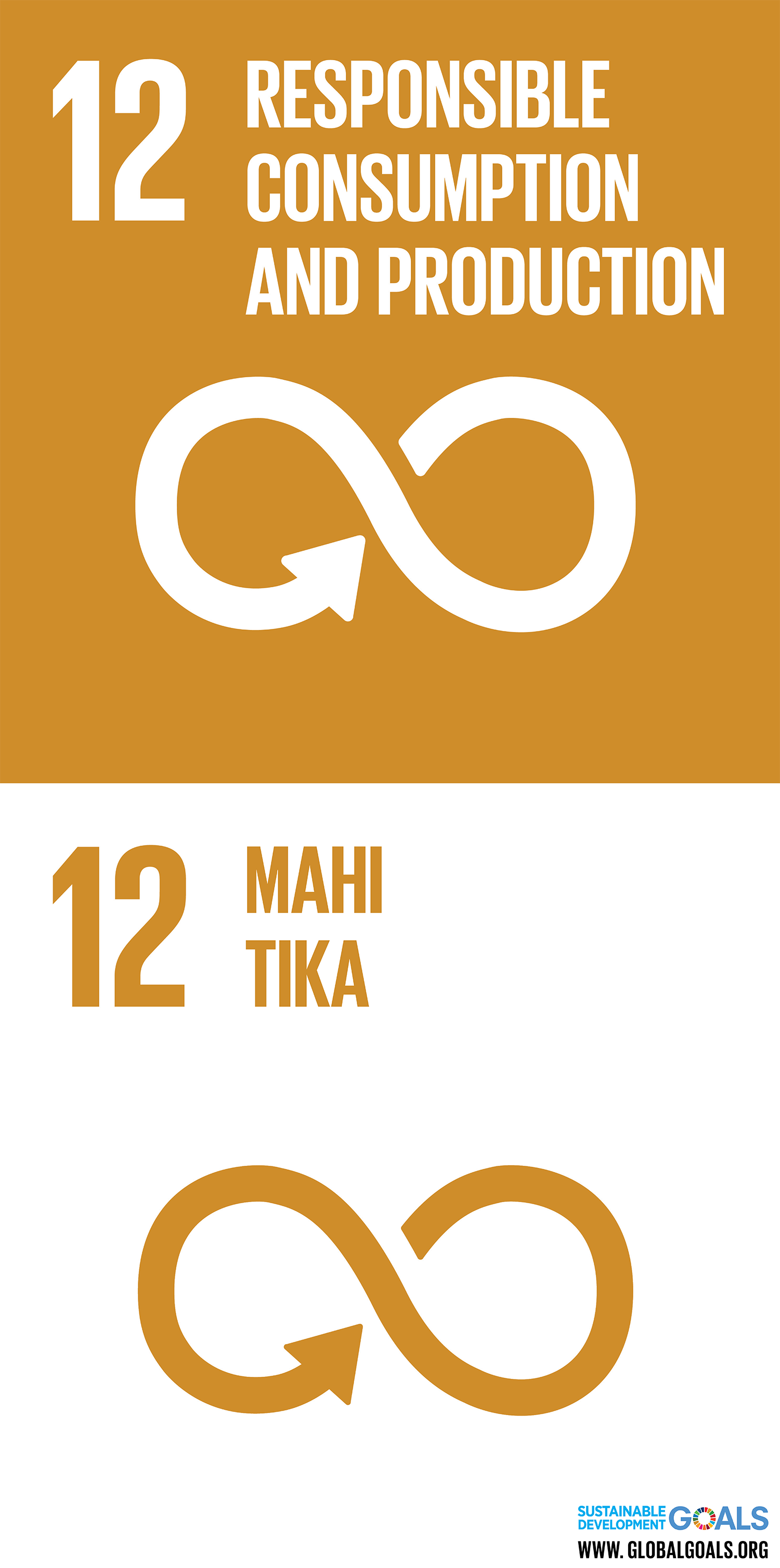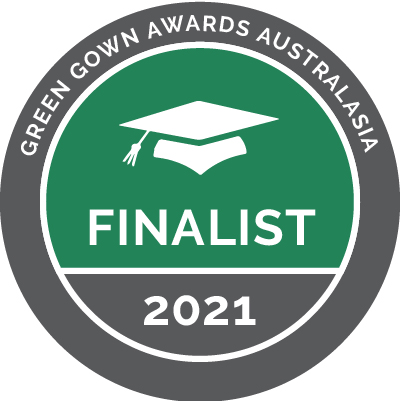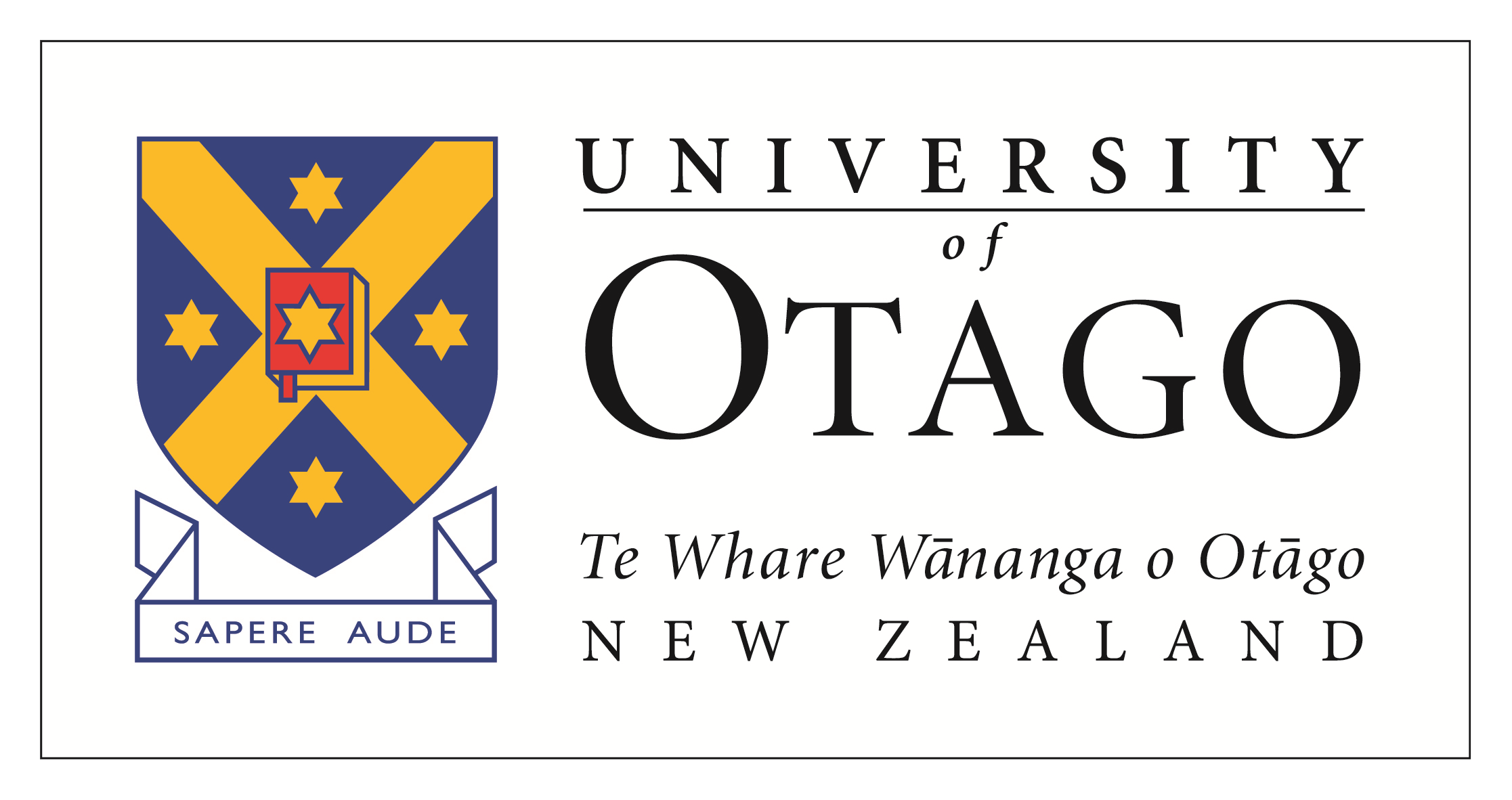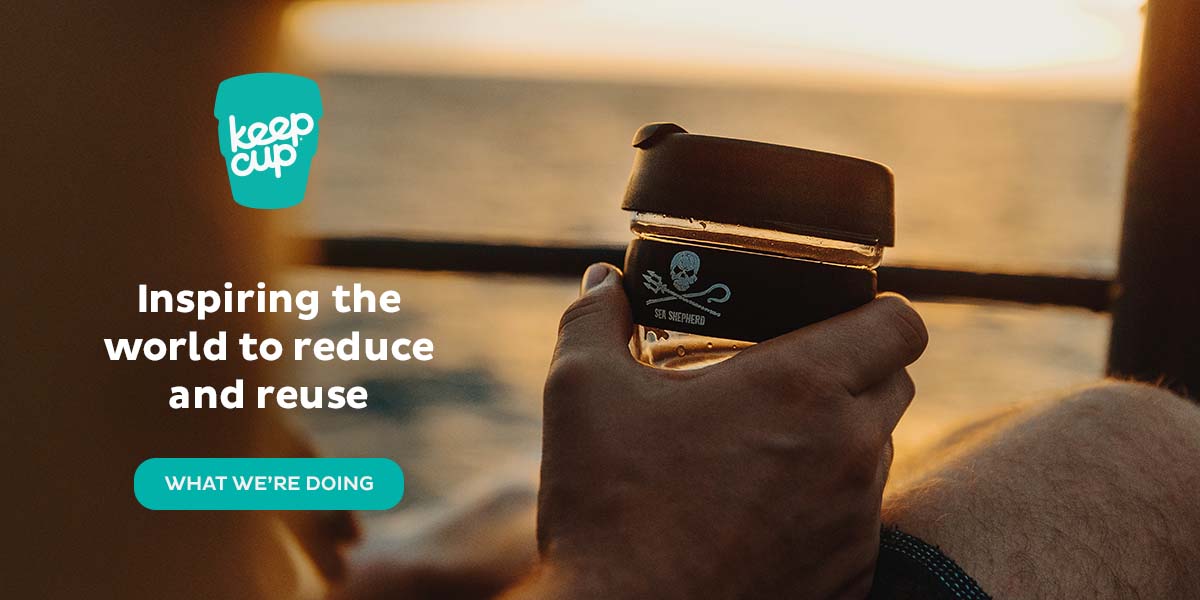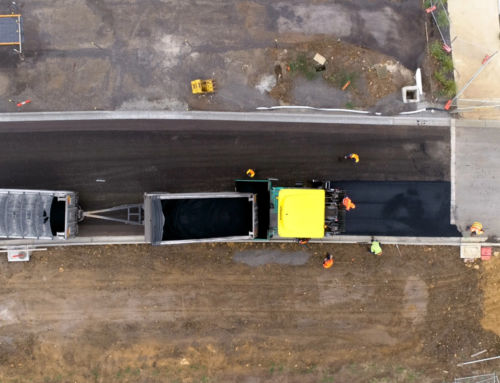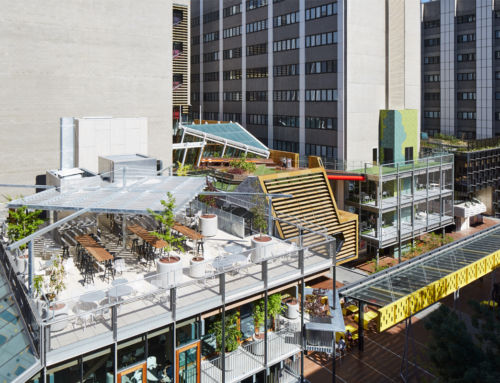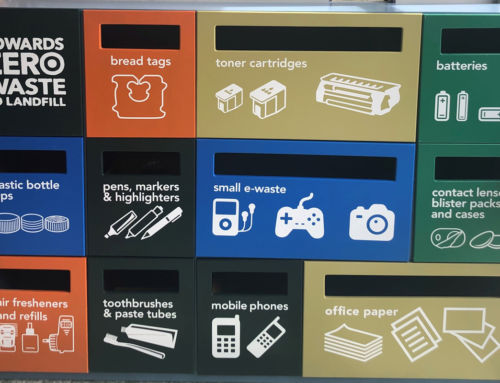Laying waste to landfill
To achieve our target of halving our main campus’s waste to landfill, we radically re-thought our waste management contracting arrangements while activating our University’s research and learning capabilities to drive circular economies internally and in the wider student community. Our contractor Waste Management NZ is now incentivised to reduce waste has a staff member on campus. We also have a joint governance approach. Together, we are rolling out method bins to make recycling easier, have helped students reduce waste with “skip diversion” days and “bike grabs”, and are making composting food waste easier (we put the end results on our gardens and lawns!).
Our campus has gone disposable cup free and has recycling centres and events for University furniture and students’ goods, which are promoted through student projects. We’ve now reduced our waste to landfill by 70% from 2012, but we are far from finished.
> The initiative
At the University of Otago, we have dramatically reduced our waste to landfill through better collaboration with our contractors and fresh thinking when it comes to staff and student behaviour.
The University set the ambitious target of halving its waste to landfill by 2021, compared to the 2012 baseline of 5019 tonnes. To drive change, we moved from having four separate waste contractors to one, with an agreement that incentivises reducing the waste going to landfill rather than getting paid for every collection as previously. The unique collaborative contract was the first of its kind in Australasia for our partner, Waste Management NZ.
The new approach that began on 1 March 2019 was only possible because we could offer a seven-year contract, which gave Waste Management NZ the confidence to invest in the equipment and vehicles it needed.
Waste Management is weighing waste and recycling skips before emptying them, and its contract includes:
- Employing a Waste Minimisation Coordinator, based mostly on our campus
- Using electric vehicles to service the contract
- Offering more options for separating waste and recycling during student flat clean-up days, when previously only skips were provided on streets – these days now run seven times a year (in association with our University of Otago Property Services Division, our Sustainability Office, and the Otago University Students Association)
- A joint Partnership Governance Board that involves senior staff from Waste Management NZ and our University. This includes a student representative.
- Offering an annual $10,000 scholarship for researching innovative projects that could help reduce waste
- Trialling an innovative new food waste digester – one of only two in New Zealand for Waste Management.
The University has driven other initiatives to support waste reduction and closed loop systems, including:
- Our Dunedin campus becoming disposable cup free in January 2020 and supporting using reusable water bottles and containers – all University cafés provide free ways to refill water bottles and support BYO containers for takeaway food, while our campus also has many other places to refill water bottles. Initially, when only our three busiest cafés went disposable cup free, it stopped about 1,400 cups a week going to landfill.
- We have been progressively rolling out method bins (in collaboration with Waste Management NZ and Dunedin City Council Waste Minimisation) – replacing rubbish bins at people’s desks with desk-top ‘precycler’ containers – for paper, cans, and food waste. Each person delivers their own waste to a ‘station’ of colour-coded bins. Instead of cleaners emptying rubbish bins, they empty the ‘stations’ into dedicated skips, keeping the waste streams separate.
- Installing a reverse vending machine in 2020 to reward the recycling of cans and plastic bottles with discount vouchers. Believed to be New Zealand’s first, it is in the Dunedin campus’s centrally-located Link building. The project is a collaboration between drinks manufacturer Frucor Suntory, Waste Management NZ, and our University Union (food and beverage, college catering and retail).
- Bike grabs. In association with the Malcam Trust, we repair unwanted bicycles that would otherwise end up in landfill and offer them to students for koha (a donation). The trust helps young people reach their potential by transitioning to meaningful and balanced lives.
- Recycling centres – Our University’s Property Services Division provides a recycling service for used furniture.
- Installing 18 Hungry Bins (worm farms) around the Dunedin campus to turn food waste from staff kitchenettes into solid and liquid fertiliser that our Property Services Division uses on our gardens.

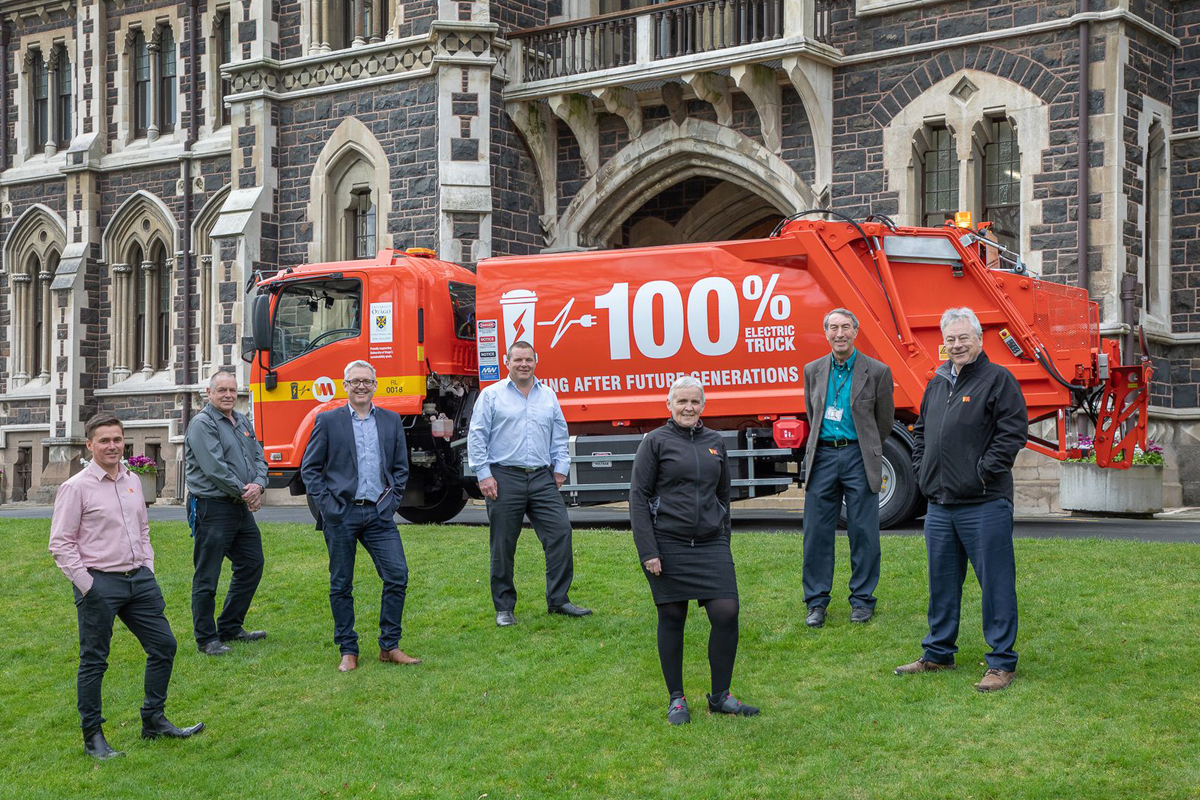
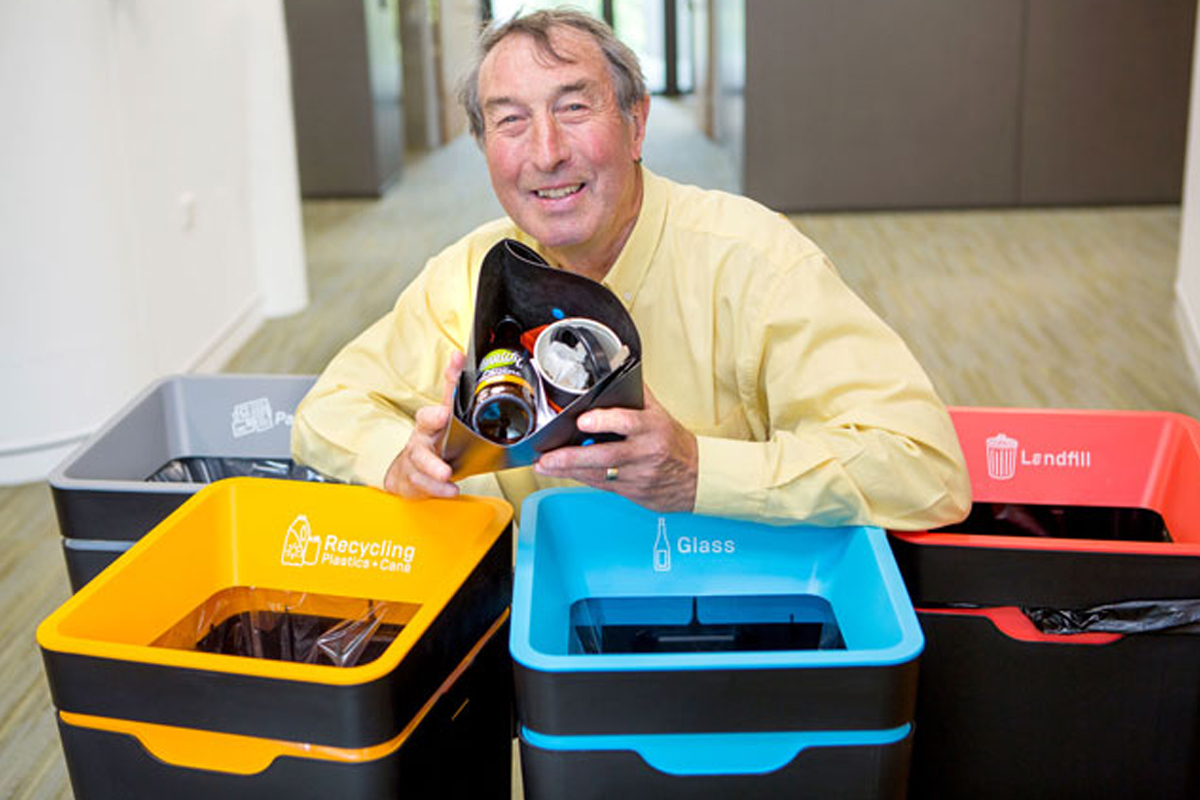
We have also connected our waste minimisation drive to our research and teaching activities. Marketing students create campaigns to encourage recycling and sustainable flatting. Psychology students research the impact of behaviour change initiatives. We launched the Food Waste Technical and Social Innovations Research Group in October 2020, which includes the launch of an Upcycled Food Lab at the beginning of 2021 to work with industry partners like Citizen Collective to turn bread waste into craft beer.
In sum, all these efforts combined have dramatically reduced the waste we send to landfill from our Dunedin campus, with benefits into the wider student community and industry. Not only did we achieve our target of halving our waste to landfill by 2021, we smashed it: dropping 70% from 5,019 tonnes to 1,518 tonnes in 2020.
Regular waste audits continue to identify opportunities for more reduction that cover all of R’s (rethink, refuse, reduce, reuse, repurpose, recycle, rot), and we are currently negotiating new Key Performance Indicators with Waste Management NZ to keep dramatically driving down waste.
> Environmental and social benefits
Environmental benefits: reduced waste to landfill and consequential reduction in greenhouse gas emissions; reduced emissions from our contractor using electric trucks.
Operational benefits: increased pride in our operations as we can demonstrate we are on a path to continually reduce our waste.
Social outcomes: bike grabs are a good example of a) diverting waste (bikes) from landfill and b) providing an affordable means of active transport for students – in turn, this can encourage more people to cycle.
> Leadership and engagement
The unique collaborative contract was the first of its kind in Australasia for our partner, Waste Management NZ.
The way we have connected waste reduction and activating the circular economy with teaching and learning also sets this apart from a purely corporate push. Examples of these connections:
- 300 level psychology paper (Behaviour Analysis in Everyday Life) – students worked in groups to identify local community issues and implement interventions to try and improve people’s behaviour – projects have included:
- The effect of poster prompts on correct recycling bin use
- Encouraging the return of lend cups
- Applied Science Work experience project on reducing food waste at University residential colleges (supported by the Office of Sustainability and Department of Human Nutrition)
- Master of Sustainable business waste audits as class activities
Launcing the Food Waste Innovation research theme, holding a cross-disciplinary Food Waste Innovation forum in October 2020, and providing seed funding for research projects.
> Wider societal impact
This initiative can be adopted and adapted by others. We would be happy to share the lessons learned from our implementation journey with anyone interested in following suit.

